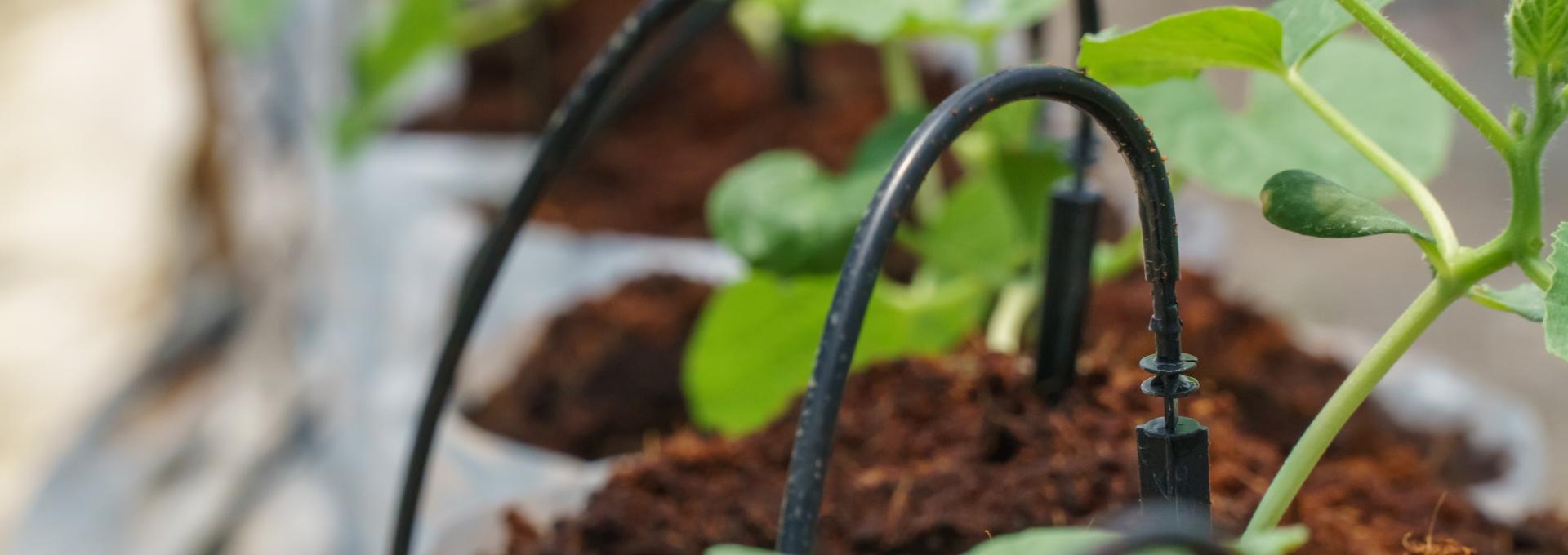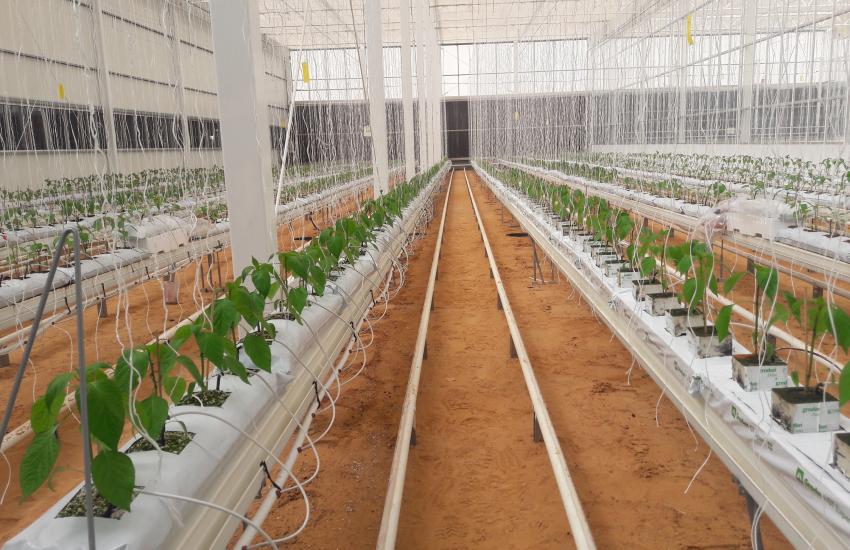Limited water resources pose the main challenge for the Kingdom and other GCC countries. Here, agriculture depends largely on nonrenewable water resources. Levels of water in the deep aquifers have rapidly declined in the last decades. As a matter of fact, the lack of renewable water resources is one of the critical constraints to sustainable development. Rainfall in the Arabian Peninsula is scarce and infrequent. Over-exploitation of fossil groundwater resources, mostly to meet irrigation demands and create greenery lands, has already affected the productivity of aquifers, both quantitatively and qualitatively; despite the fact that much of the freshwater demand in the GCC countries is already covered through desalinization of the sea water.
Reducing water consumption and improving water efficiency are essential to enhance agriculture sustainability and support food security with the production of high-quality, safe and diversified foods in the Kingdom. Protected cultivation will contribute to achieve this objective. Using different types and levels of technology in the protected cultivation, including efficient irrigation systems, will improve saving water and increase water productivity (litre/kg).
Reducing water loss from evapotranspiration (ETP) and recycling irrigation water also reduce water consumption in agriculture. Providing balanced nutrients according to crop requirements will also optimize the nutrient condition in the root environment. Controlling and maintaining the right nutrient levels can be automated. Therefore, the research themes will focus on studying greenhouse crop water and nutrient requirements and best management, water and nutrient use efficiency, the effect of irrigation water quality, effect of using different soilless culture systems and growing media, as well as the use of bio-stimulants.

